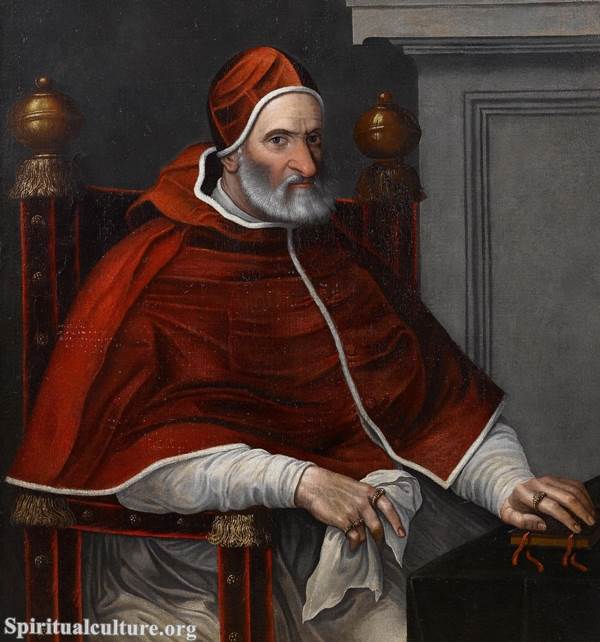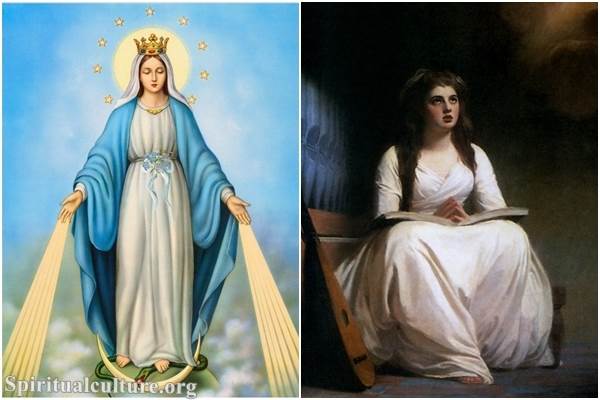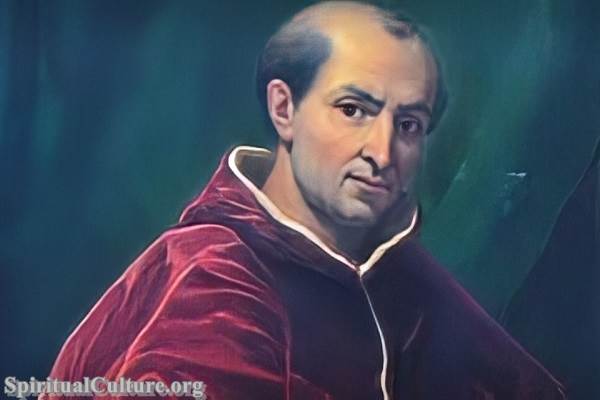Pope Pius IV was born on March 31, 1499, in Milan, Italy, and was the second son of a noble family.
Pius IV was elected pope on December 25, 1559, following the death of Pope Paul IV. He was chosen as a compromise candidate because of his moderate views, which were seen as a counterbalance to the extreme conservatism of his predecessor.
As pope, Pius IV sought to restore order and discipline to the church, which had been shaken by the tumultuous events of the preceding years, including the Protestant Reformation. He worked to implement the reforms of the Council of Trent, a major gathering of Catholic bishops that had been convened to address the challenges facing the church.

One of Pius IV’s most notable achievements was the promulgation of the Tridentine Mass, which standardized the liturgy of the Catholic Church and became the norm for centuries. He also founded the Collegium Germanicum, a seminary in Rome that was intended to train German-speaking priests to combat the spread of Protestantism in Germany.
Pius IV died on December 9, 1565, and was succeeded by Pope Pius V. He is remembered as a pope who helped to restore the church’s authority and discipline in the wake of the Reformation, and who worked to promote Catholicism in a time of great religious upheaval.
During his papacy, Pius IV also sought to promote peace and stability in Italy, which was then divided into many small states that were often at war with each other. He mediated several disputes between these states and worked to establish alliances that would help to maintain the balance of power in the region.
Pius IV was also known for his patronage of the arts, and he commissioned many works of art and architecture for the city of Rome, including the Palazzo dei Conservatori on the Capitoline Hill and the Cappella del Santissimo Sacramento in the Basilica of St. Mary Major.
Pius IV’s papacy was not without controversy, however. He faced opposition from some cardinals who were unhappy with his moderate approach to reform, and he was also criticized for his leniency towards the Jesuits, who were seen by some as a threat to the traditional power structures of the church.
Despite these challenges, Pius IV’s papacy was generally seen as a period of relative stability and reform within the Catholic Church. His efforts to implement the reforms of the Council of Trent and to promote Catholicism in the face of the Protestant Reformation helped to lay the groundwork for the Counter-Reformation, a period of renewed Catholic zeal and missionary activity that lasted well into the seventeenth century.




